Tattoo Insurance 2025 Guide: Everything You Need to Know
With the continuous growth of public interest in tattoos, the number of tattoo parlours is also growing. Owning a tattoo parlour is mainly a small business, which can often find itself in risky situations. This may be associated with certain mistakes or omissions, as a result of which the client files a lawsuit. In order not to have to pay all the costs out of your own pocket in such a case, you need insurance. It should be noted that the costs incurred as a result of legal proceedings are very high. They can even lead to the liquidation of the business.
Therefore, if you have a tattoo shop, it would be right not to hope that you will never find yourself in legal proceedings. You’d better to insure your business against any risks. In addition, you may be forced to have tattoo shop insurance if the law of the state where your tattoo shop is located requires it. Having insurance may also be mandatory if you have a business loan and it is a requirement of your lender. So you should consider all these circumstances before starting your business.
Tattoo artists typically follow age restrictions and various laws and regulations. However, there are still times when problematic situations arise, such as needle-stick injuries or infections caused by unsterile conditions. Insurance coverage can cover the shop’s property or products, as well as aftercare advice. Insurance can help cover the costs of laser tattoo removal if a tattoo goes wrong. It can also help with medical expenses if they are caused by infections. Insurance can also cover legal fees. So, if you want to build a reputable studio, it would be a good idea to protect the livelihoods of your studio’s artists and demonstrate accountability to clients.
Is it Possible to Insure a Tattoo?
Insuring a tattoo itself is quite a hard process. It is more likely that you will be able to insure the specific part of your body where you have the tattoo. This is also possible if you have a particularly expensive tattoo. For example, if you declared the cost of getting a tattoo when signing an insurance contract, then if your tattoo is damaged or faded, the insurance company may reimburse the amount.
Risks Associated with Tattoos
The most common is infection from the needle or ink, which can cause painful swelling, rash or fever. Various allergic reactions can occur. And there is a risk of blood-borne diseases if the tattoo artist uses the same equipment for different clients without sterilising it.
There are also artistic mistakes associated with tattoos. For example, a crooked or blurry image of the tattoo, the wrong location, a misspelled word, etc. Also, complications can arise during the tattoo removal process. If the artist doesn’t inform the client about the correct methods of care after the tattoo, the tattoo may be damaged or heal late. Insurance companies should be well aware of all these risks. In this case, they will be able to correctly assess the tattoo insurance.
What Is a Tattoo Waiver and Why It Matters?
A waiver generally means a release from liability for a tattoo artist. However, it applies to specific circumstances. It does not exempt from liability in the event that the artist works with non-sterile equipment or poor-quality materials, which results in complications. A waiver means that the tattoo wearer is aware of the possibility of an allergic reaction or pain. It also means that the tattoo wearer is aware of his responsibility in the proper aftercare of the tattoo.
What Type of Tattoo Shop Insurance Policy do You Prefer?
1․ General Liability Insurance: If someone is injured or damages their property in your shop, for example, they tripped over one of your workshop equipment and sue you, this type of insurance will cover legal costs. It will protect your business’s financial situation from losses.
2․ Professional Liability Insurance։ While general liability insurance covers injuries sustained in your salon that are not directly related to the tattoo, professional liability insurance is directly related to the service provided to the client. It covers costs if the tattoo artist makes a mistake or if an allergy or infection develops as a result of the work.
3․ Commercial Umbrella Insurance։ If your general insurance coverage is up to $1 million, for example, and a customer sues your store for more than that, then this type of insurance comes to the rescue. It covers the amount over $1 million that you would have to pay out of pocket.
4․ Commercial Property Insurance։ This insurance is very important because it compensates for the damage you suffer as a result of any unexpected situation. It can be theft, fire or any other reason that will damage not only the building, but all your equipment. This insurance will fully compensate for the fine you incur, even for your losses during the period when the shop doesn’t work, regardless of whether the building is your property or rented.
Specialised Tattoo Insurance Policies for Unique Risks
5․ Sexual Abuse Insurance: This type of insurance is extremely important in the body art industry. The thing is that tattooing is a type of art where the muster is in direct physical contact with the client.
6․ Communicable Disease Liability Insurance: Every tattoo shop owner is well aware of the importance of using sterile needles and equipment for the lives of their clients. This issue, as a rule, is a priority for everyone. However, there are still cases when a client files a lawsuit against the tattoo shop. He accuses the tattoo shop of contracting a blood-borne infection. Even if the lawsuit is unfounded, the legal process still requires a number of expenses. Communicable disease liability insurance can cover these expenses.
7. Apprenticeship Program Insurance: Some states require insurance if you teach students to tattoo. This insurance is important because the likelihood of students making mistakes while they are learning is higher.
So, we have covered the most important points about tattoo insurance. There are also other types of insurance. We will cover them in our other articles. Follow our page to not miss the most interesting tattoo ideas and the most necessary information about tattoos. Write in the comments what topics interest you and we will cover them.
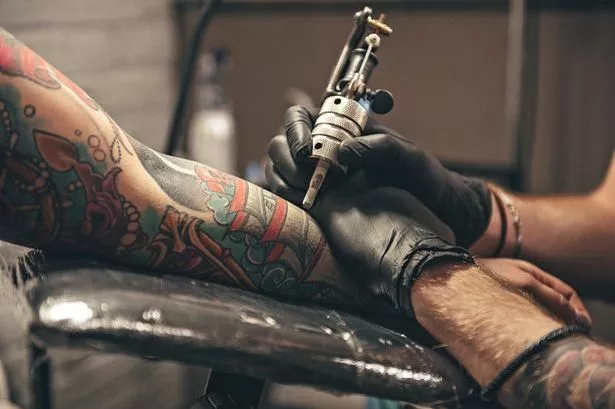

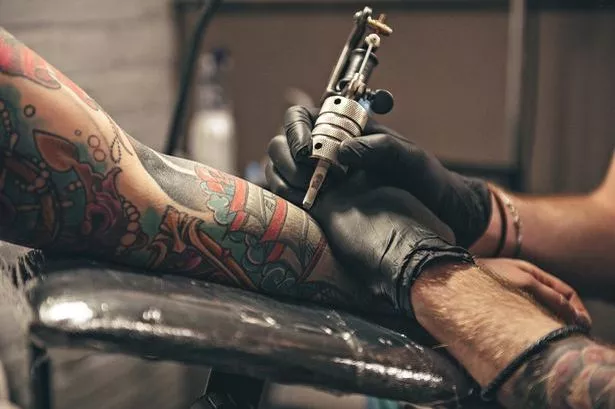
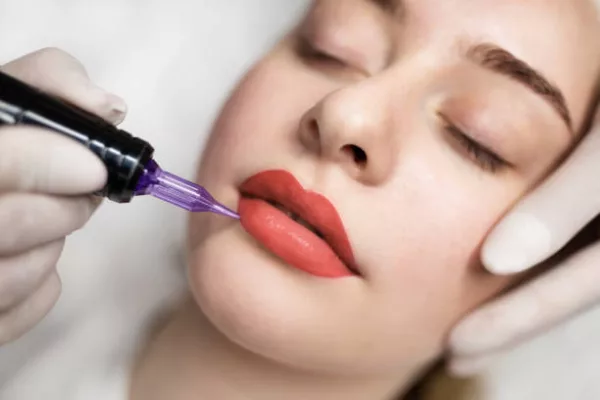
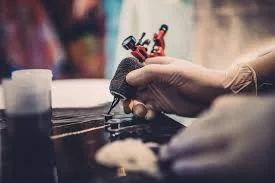
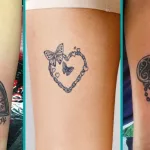
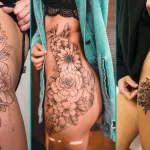
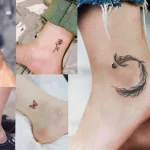


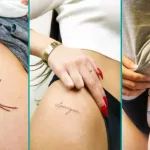


0 Comment